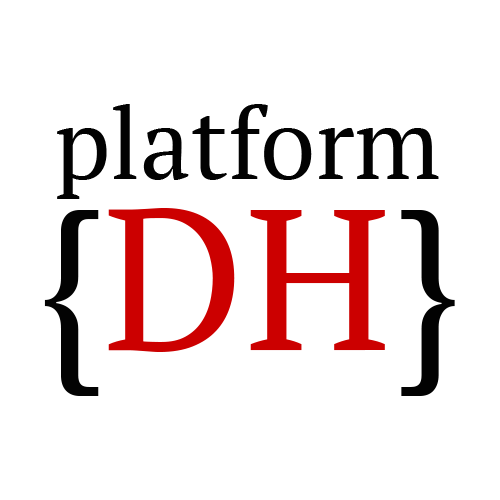Lecture Series: Margherita Parigini
The thesis « The Rule and the Doubt » is dedicated to the Italian author Italo Calvino, more precisely to the study of a narrative mechanism that plays a central role in his work: doubt used as the propulsion engine for writing. The aim of the thesis is to analyze this phenomenon in all its forms and to identify its various consequences in the narrative articulation of the text. The research is also supposed to develop a reflection on Calvino’s critical texts, exploring the hypothesis that the dubitative text is born at the crossroads of fiction and essay. In order to realize the research, an attempt was made to use different methods of analysis in a complementary manner: a more traditional approach derived to literary criticism, combined with a perspective linked to the DH dimension (e.g. Data Visualization).



